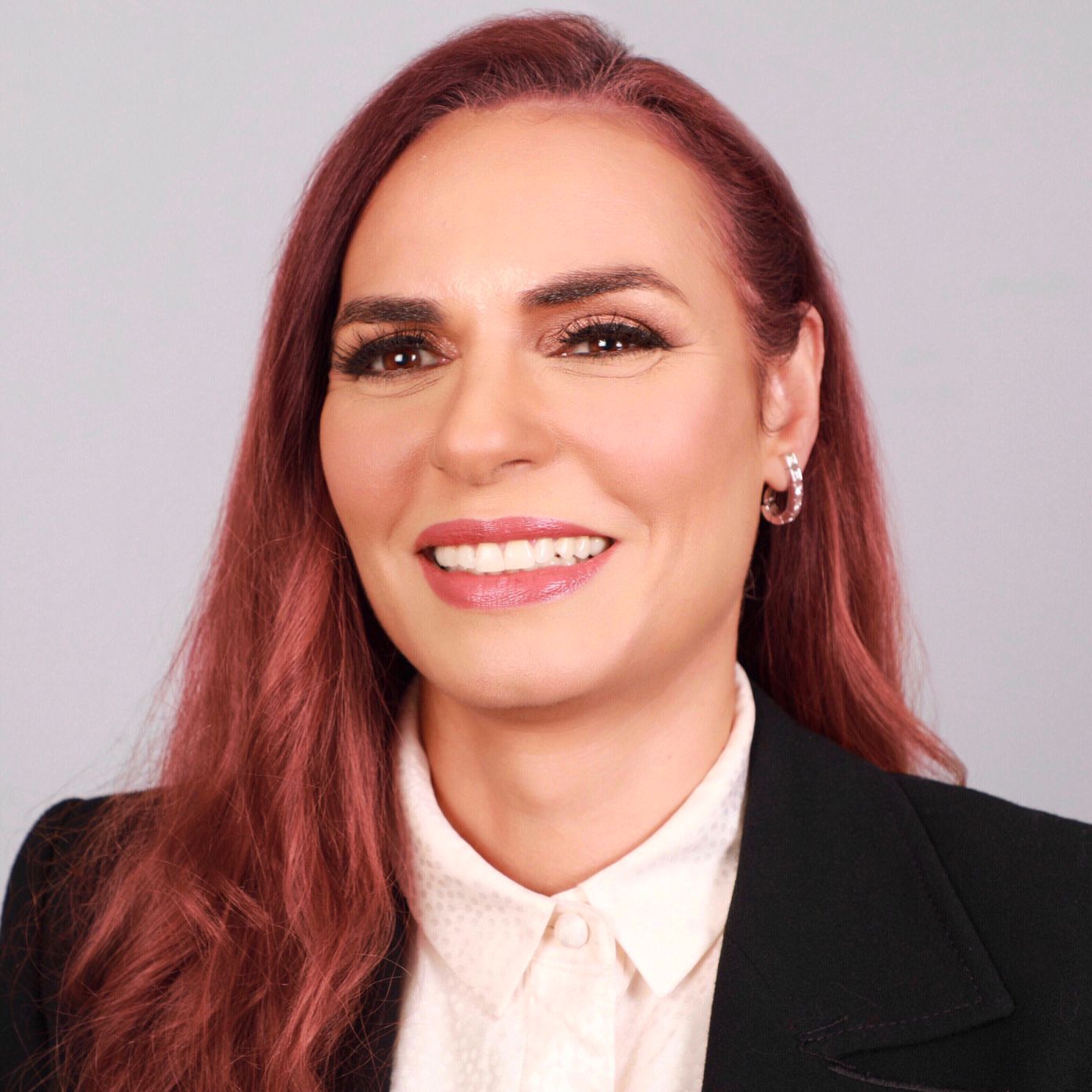In the crisis-ridden Middle East and North Africa (MENA) region the contemporary situation, created as a result of the “Arab spring” as well as the Syrian and Iraqi crises, is approaching a new phase. The issue of the future socio-political structure of Syria and Iraq as well as of the influence of events therein on the situation in the Gulf region has come to the forefront. Under the circumstances the role of so significant external players as the USA, Russia and China can hardly be overrated. At the same time, their power and importance are changing. The workshop looks at the Arab Spring namely at the war in Syria and the unrest in Iraq and examines the roles of China the US and Russia as well as the roles of regional players namely Arab Gulf countries and Iran. The workshop also sees how those disturbances in Iraq and Syria have inflicted a new pattern of behaviour on Arab Gulf countries as well as Iran. The Arab Spring has allowed Iran to take a more proactive role and to engage engaging with the Shia communities in the Arab world. On 2 the other hand amid American retrenchment, Arab Gulf countries adopted a more assertive foreign policy while trying to forge alliances with new international players such as Russia. The workshop also seeks to analyse and compare the foreign relations patterns of the three mentioned powers (USA, Russia and China) with the Gulf Cooperation Council (GCC) countries, Iraq, Syria and Iran by framing these relations against shifting global dynamics as well as the ongoing regional conflicts. Overall, the workshop will contribute to critically discussing works on foreign policy analysis by filling the gap in the literature on the contemporary foreign relations of the Gulf countries and providing new insights into a pivotal topic for the future of the MENA region and the GCC countries in particular.
3 DAYS / 12 Workshops
MORE THAN 300 ACADEMIC PAPERS
In the crisis-ridden MENA region the contemporary situation, created as a result of the
“Arab spring” as well as the Syrian and Iraqi crises, is approaching a new phase. The
issue of the future socio-political structure of Syria and Iraq as well as of the influence of
events therein on the situation in the Gulf region has come to the forefront. Under the
circumstances, some of the most significant external players in the region – the USA,
Russia and China – together with the European Union (EU), Great Britain and others are
maintaining very important roles, though their power and ranking are shifting.
USA
Lately the USA guarded the tradition of being the principal external force in Gulf, though
this role is challenged by Iran. The US positions are based on their economic influence,
traditional links with the GCC states, solid military presence (large bases in Bahrain,
Qatar, etc.) together with the willingness to deploy their armed forces for the protection
of the US interests as perceived by Washington.
At the same time the future US role in the Gulf region is questionable. First of all, the
centre of American military-political interests has shifted to the Pacific region, where the
growing Chinese power has already challenged the predominance of the USA over the
Far East and the South-East Asia. Secondly, due to the shale revolution the USA is not
only losing interest in the oil supplies from the Gulf region to a great extent, but is itself
becoming a big exporter of hydrocarbons and thus competitor with the GCC members in
the world energy markets. However, even under these circumstances it is next to
impossible to suppose that the USA may become altogether disinterested in the Gulf
regional problems. The US failure in Iraq, and the problems that emerged from this
3
failure have killed the American public, as well political elite appetite for active
engagement in the region.
The American invasion in Iraq has sparked the Sunni Shia clashes that intensified with
the outbreak of the Arab Spring. The sectarian tension creates another factor
complicating the stabilisation of the region. This conflict initiated by the American
invasion to Iraq has snowballed and resulted in a new wave of international terrorism that
threatens the West. The Islamic State represents its manifestation. Despite this fact and
despite American retrenchment, any national and regional programs of socio-economic
development, especially those introducing various innovations in this field, anticipate
very active participation of American investments, knowledge, expertise, and specialists
as prerequisites to their success.
Another sudden, unpredictable element is the decision of president Trump’s
administration to question the Joint Comprehensive Plan of Action (JCPOA, known
commonly as Iran nuclear deal), which from the Russian, European and some other
points of view is among the most important factors of the future security in the Gulf as
well as in the MENA. On the other hand the GCC states do not see the nuclear deal as a
mean to achieve stability. They see the deal as empowering Iran and giving her financial
means to promote her ideological project in the region. According to GCC members, the
JCPOA did not have any political clauses, and did not put any restraints on Iran’s
proactive behaviour in exchange for normalisation.
Russia
The present economic capacities of Russia do not allow it to be a primary player in the
Gulf region. Notwithstanding these drawbacks the Russian Federation remains quite
competitive in some of modern technological fields, and is capable to take part e.g. in the
development of atomic energy electrical generation plants in Saudi Arabia and other Arab
states of the Gulf. Similar Russian bilateral co-operation with Iran in mutual atomic
energy projects has reached a rather advanced level already. The Russian Federation is
also highly interested in attracting foreign investments into its economy, including
investments from the Gulf States. There are also some positive examples in this field, e.g.
mutual projects with Qatar.
Despite limited economic capacities Russian reinforcement in the MENA region as a
power, which has been ready to deploy its military forces to defend its interests (as
perceived by Moscow) allows the countries of the region to use the Russian Federation as
a symbolic alternative to the (undeniable) American leadership. During the Obama years
that were seen as a period of American retrenchment, the Arab Gulf looked at Russia for
partnerships. This was embodied by the trade deals as well the UAE Crown Prince visits
4
to Russia. In the limited framework of exclusively military matters, the Russian
Federation is aspiring to be among the suppliers of weapons and military equipment for
the Gulf States.
Russia direct military involvement in MENA has been confined to Syria where the
Russian military has managed to play a really decisive role of a game changer, explicitly
supporting president Basher Al Assad. The question is whether the successful
intervention in Syria constitutes a prelude for more active Russian involvement elsewhere
in the region?
The Russian Federation has showed motivation to develop co-operation with the
countries of the region in the mutual fight against international terrorism. Yet from the
GCC states’ point of view the Russian Iranian ties are a main point of contention for the
Gulf. However, given the pragmatic outlook the Gulf countries adopt they are trying to
warm up to the new regional player. In the perspective of the new important Role Russia
plays in the region, the workshop examines the potential of future cooperation between
Arab Gulf States and the Russian Federation.
China
China is very interested in the supplies of hydrocarbons from the Gulf region, and is
aiming at “depoliticised” co-operation with the countries of the Gulf. But simultaneously
the very scope of Chinese economic exchanges with the states in the region as well as of
Chinese participation in the mutual development projects is proving the increasing weight
of China and its matter of fact competition (if not rivalry) with the USA, EU, Great
Britain, and other Western countries. Constant declarations about “depoliticised”
relationships have not got in the way of supplying weapons, e.g. missile complexes to
Saudi Arabia.

